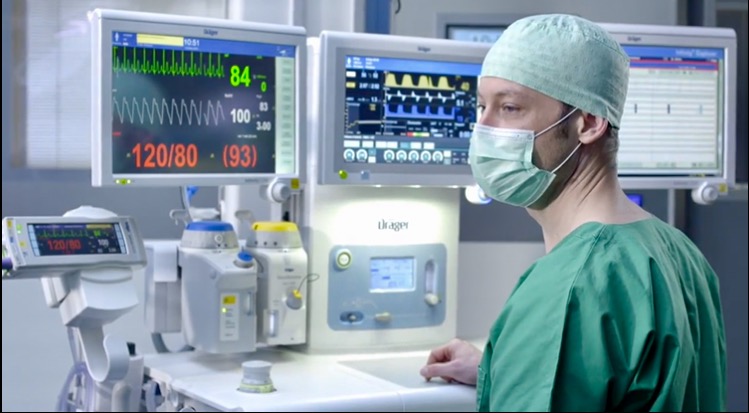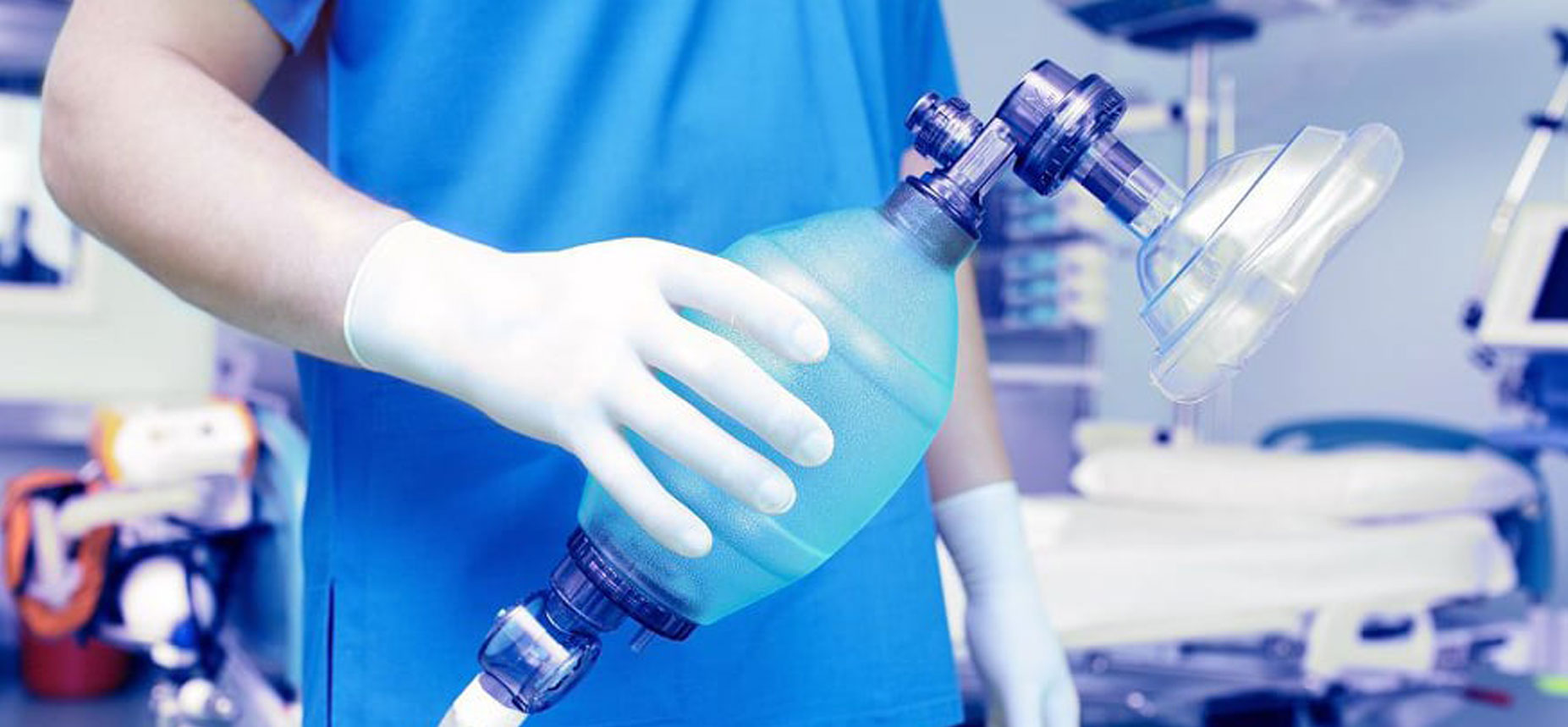Anesthesiology

What is anesthesiology ?
Anesthesia is "insensitivity to pain and other sensations" caused by diagnostic or therapeutic procedures. With the help of anesthesia, medical and surgical interventions are carried out safely ...
The goal of the anesthesiologist is to protect you against certain effects that arise from medical and surgical treatments ... He ensures the proper functioning of the vital organs (brain, heart, lung ... and thus maintains the optimal safety conditions during surgery And during the first hours or even days after the operation.
When is anaesthesia used ?
During a gastroscopy or a colonoscopy (gastroenterological examinations), anaesthesia is essential because these examinations are very uncomfortable or even painful. Indeed, anaesthesia is the momentary suppression of painful sensations during a medical procedure. In the case of gastroenterological examinations, it is a short sedation, 15 minutes for a colonoscopy and 5 minutes for a gastroscopy.
1 - Use of anaesthesia for gastroscopy
Gastroscopy is a technique used to explore the oesophagus, stomach and duodenum. Also known as upper GI endoscopy, it is also used to take tissue samples for various analyses through an endoscope.
This procedure can be performed under short sedation (5 minutes), followed by 15 to 30 minutes of monitoring in the recovery room.
However, this choice is made during a discussion with your treating physician and the gastroenterologist. He will take into account your opinion and your preferences when making the choice of anaesthesia. In this respect, you will be asked to meet the anaesthetist during a specialised consultation.
During this consultation, the anaesthetist will ask you a series of questions. These questions will give us a clear picture of your health.
On the day of your appointment, you will come to the clinic with the questionnaire that was given to you before your examination. You must write down all the medicines you are taking, as well as your allergies and medical history. The anaesthetist will then recommend that you continue or stop certain treatments or medicines before the endoscopic examination.
In a few cases, gastroscopy can be performed under local anaesthesia, which will not prevent you from breathing, just remain calm during the examination and follow the recommendations of the gastroenterologist.

2 - Use of anaesthesia for colonoscopy
The examination you undergo to detect certain inflammations and colorectal cancer screening is the colonoscopy. It is recommended by a doctor when you have bleeding, diarrhoea or sudden abdominal pain. It can detect polyps, colorectal cancer, or tumours in the colon. During this procedure, the doctor determines whether the polyps will be removed or not.
The colonoscopy is done on an outpatient basis, under sedation. The anaesthetist injects the patient intravenously with an anaesthetic drug which puts the patient into a deep sleep, this procedure is done under regular supervision of the anaesthetist. When the patient wakes up, he or she has no memory of the examination and feels no pain during the examination. After the examination, the patient is taken to the recovery room where he/she will be monitored for 15 minutes. On leaving the recovery room, the patient is taken to a lounge for a snack before being seen by the gastroenterologist for the results.
How does the anaesthesia work ?
To get to know you better and assess your state of health, we offer you an anesthesia consultation.
In addition to assessing your clinical condition, this consultation will determine your medical history and treatment to determine the risk in relation to outpatient anesthesia.
In order to prepare this consultation, you will be provided with a medical questionnaire to be completed in advance.
During the consultation, the doctor will review with you your history and your medical treatment. It is essential to communicate to him the complete list of your medicines including blood thinners (anticoagulants, antiaggregants and aspirin). In fact, some will have to be stopped before endoscopy and / or replaced. It is recommended to bring the results of the tests performed during the last 6 months (biological results, electrocardiogram, and cardiac consultations).
It will give you the instructions to be fasting, the last authorized drinking.
Finally, the objective of this consultation is to reassure you by informing you. He will answer all your questions concerning the anesthesia, the progress of your stay after the anesthesia, in the recovery or recovery room. Do not hesitate to ask him questions.


